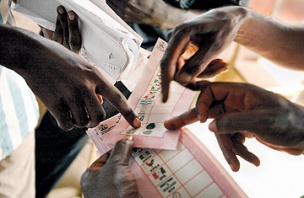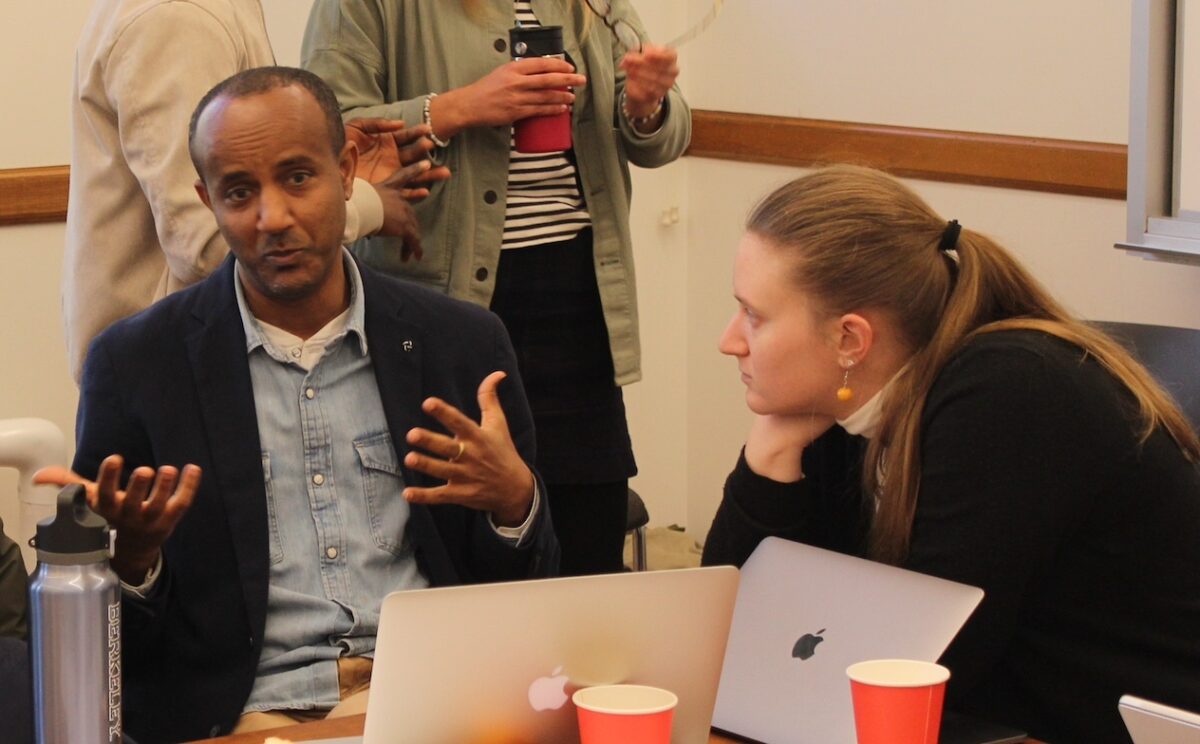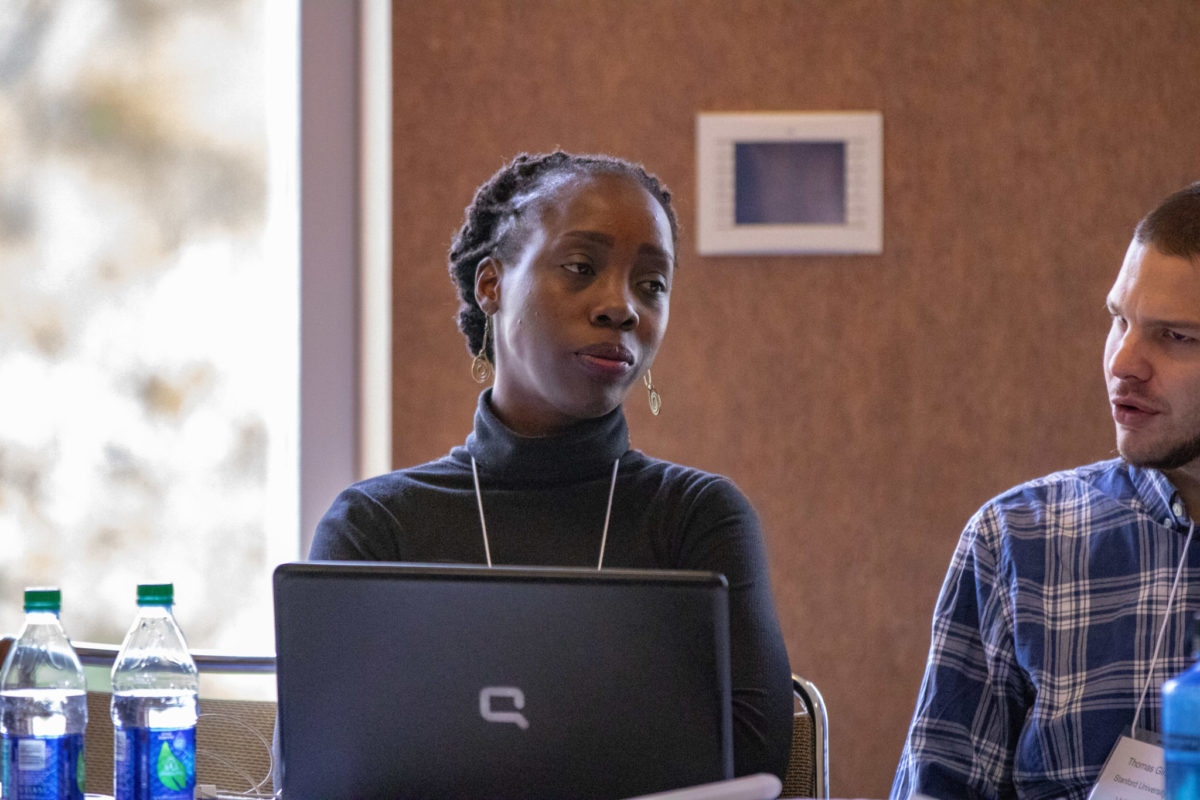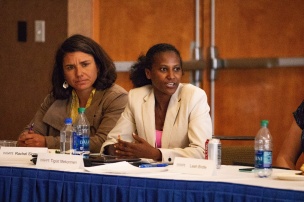Working Group in African Political Economy (WGAPE) Spring 2016

The Working Group in African Political Economy (WGAPE) brings together faculty and advanced graduate students in Economics and Political Science who combine field research experience in Africa with training in political economy methods. It is co-led by Daniel Posner (Department of Political Science, UCLA), Edward Miguel (Department of Economics, UC Berkeley), and Brian Dillon (Evans School of Public Affairs, University of Washington). Thanks to the Development Impact Evaluation (DIME) Unit at the World Bank and the Department of Political Science, the Institute for International Economic Policy, and the Elliott School of International Affairs at The George Washington University, WGAPE will be able to provide funding for travel, accommodation, and related expenses to accepted WGAPE participants.
This call for papers and research designs is for the WGAPE Spring National Meeting, to be held April 29-30, 2016 at the George Washington University and The World Bank, Washington D.C.
Sessions are built around in-depth discussions of papers that are circulated and expected to be read in advance (see an archive of papers from past WGAPE meetings). Presenters provide little more than a few brief, orienting comments before the floor is opened for discussion. WGAPE is more a forum for presenting work in progress than polished, finished projects and provides an unparalleled opportunity for useful feedback.
Paper submissions and research designs must reflect WGAPE’s broad research agenda on core issues within the political economy of African development, including ethnic politics, civil conflict and violence, decentralization and democratization, and corruption and local governance. Graduate students are particularly encouraged to apply and choice of papers will be based on both paper submissions and extended abstracts. Papers should be at a stage where commentary would be useful; polished, finished papers that would not benefit from feedback are discouraged for submission. Research designs are often in the style of pre-analysis plans, a useful tool to describe the study design, outline hypotheses, specify variable construction, and pre-specify the analysis of data.
- Papers and Research Designs must be uploaded to https://cega.submittable.com/submit/52737 by 11:59pm PT on March 15, 2016.
- Successful applicants will be notified by April 01, 2016 and will be invited to attend the full symposium. WGAPE will cover the cost of economy travel, accommodation and dining (capped).
- Funding for African Scholars may be available.
For further information, please contact Elisa Cascardi at wgapeworkshop@gmail.com. Non-presenters who do not require accommodation or travel funding are welcome to attend the meeting as space permits (travel funding may be extended to local attendees). We ask that you please email with your name, institution, and days you would like to attend and we will confirm whether or not we can accommodate.
Agenda
Papers Presented
- Sara Lowes, “Blood Rubber: The Effects of Labor Coercion on Institutions and Culture in the DRC”
- Jessica Gottlieb and Amanda Robinson: “Effects of Matrilineality on Gender Diferences in Political Behavior across Africa“
- Adrienne LeBas, “Tax Appeals and Social Internediaries in Lagos, Nigeria”
- Gianmarco León, “Motivating Bureaucrats: Group Incentives and Organizational Performance of Local Governments”
- Nemera Mamo, “Ethnic Coalition and Political Economy of Natural Resource: Distribution of Political Power in Africa”
- Mai Hassan, “The Political Geography of the Local Security Apparatus”
- Martin Williams, “The Political Economy of Unfinished Development Projects: Corruption, Clientelism, or Collective Choice?“
- Ruth Carlitz, “Promoting Collective Action to Improve Education in Tanzania: A Research Proposal“
- Pia Raffler, “Bureaucrats versus Politicians: A Field Experiment on Political Oversight and Local Public Service Provision”
- Roukiatou Nikiema, “Fiscal Behaviour and Institutions in Sub-Saharan Africa“
- Vincent Pons, “The Perils of Building Democracy in Africa“
George Washington University, The World Bank




